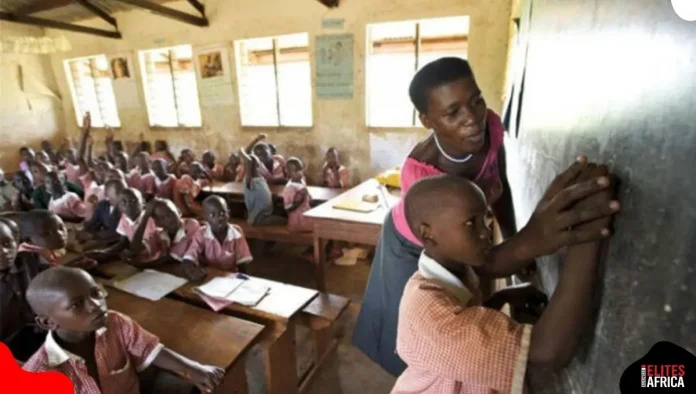
As a teacher in Nigeria, it depends on who employs you, which state you work in, your grade level, qualifications, school type, and even the neighbourhood you teach in.
Public schools offer stability, steps, and pensions, but progress can be slow. Private schools range from low cash salaries to corporate-level packages in the international segment. T
How pay is decided
Public schools: Most basic and secondary school teachers are employed by state governments through SUBEB and Teaching Service Commissions.
States set their own scales and step increases, so a GL 08 teacher in Lagos may not earn the same as GL 08 in Bauchi. Federal Unity Colleges and the Federal Teachers’ Scheme follow different internal scales.
Private schools: Owners set salaries based on school fees, location, and brand. The gap between a low-fee community school and a top international school can be enormous.
What teachers earn: typical monthly gross ranges
These are indicative bands for full-time classroom teachers in 2025. They reflect base pay before deductions and before any ad-hoc extras.
Public schools (state and federal)
- Entry-level teacher with NCE or B.Ed: ₦90,000 – ₦200,000
- Mid-career (5–12 years, confirmed, with promotions): ₦180,000 – ₦300,000
- Senior teacher/HOD/Vice-Principal level: ₦280,000 – ₦450,000+
The higher end is more common in big cities and stronger-revenue states. Rural postings and fiscally stressed states tend to sit near the lower end.
Private schools
- Low-fee community schools: ₦60,000 – ₦120,000
- Mid-tier day schools: ₦120,000 – ₦300,000
- Premium and international schools: ₦400,000 – ₦1,200,000+ (often with perks like health cover, lunch, training, exam bonuses)
Allowances that can lift take-home
- Responsibility allowance: class teacher, form tutor, year head, HOD, house master or boarding duty.
- Transport and housing: sometimes a flat stipend, sometimes baked into base pay; a few schools provide staff buses or on-site accommodation.
- Rural posting allowance: offered by some states to attract teachers to hard-to-staff locations.
- Exam and club stipends: WAEC/NECO supervision, debate or STEM clubs, sports coaching.
- Training grants: CPD courses, certifications, or tuition support (more common in premium private schools).
Private schools may not deduct NHF, and their pension practice varies. Many premium schools match or exceed the legal minimum, while some low-fee schools pay cash with minimal statutory deductions. Always ask for a written breakdown.
Cost of living reality check
- High-cost cities (Lagos Island, parts of Abuja, Port Harcourt): Rent and transport can swallow half a public-school salary unless the teacher lives far out or shares accommodation. Many teachers take extra lessons or weekend prep classes to bridge the gap.
- Middle-cost cities (Ibadan, Enugu, Kaduna, Benin): Better balance between pay and expenses, but salaries are usually lower than in top-tier states.
- Rural towns: Lower rent and food costs, but fewer stipends and side-gig options; allowances matter more.


